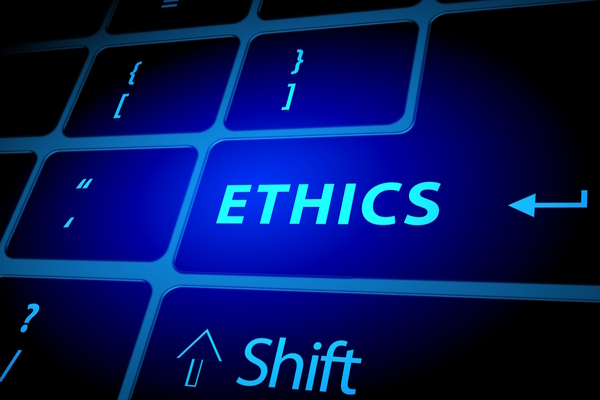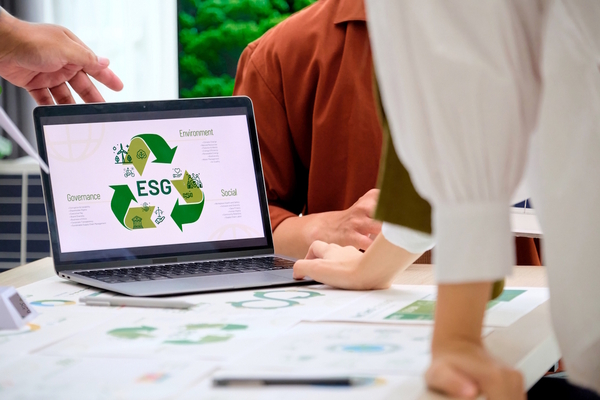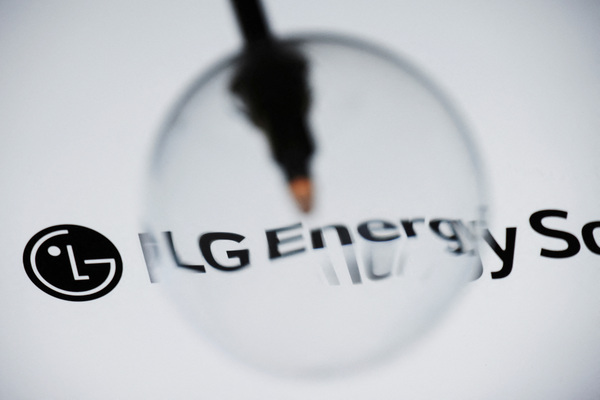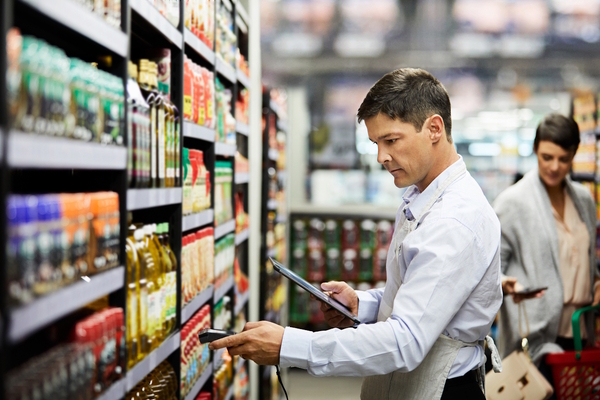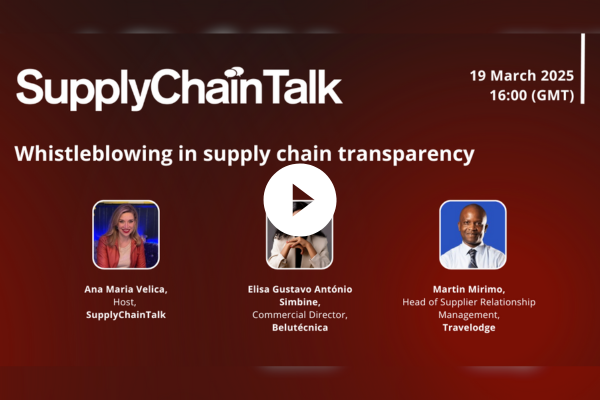Collaborative action is vital to mitigate the climate crisis. One business shows how this can be done
Sponsored by FugroDr Pooja Mahapatra, Global Climate Solutions Lead, Fugro
Growing consensus that human activity is the major driver of climate breakdown has led to many bold and well-meaning declarations. The Intergovernmental Panel on Climate Change (IPCC) on Impact, Adaptation and Vulnerability recently warned that “dangerous and widespread disruption in nature” is occurring “despite efforts to reduce the risks”, and has called for firmer action to be taken. Meanwhile Christiana Figueres, a key architect of the 2015 Paris Agreement, put the chances of preventing a full breakdown at 50-50.
Awareness is not the problem. Most people know climate change is happening and individuals, organisations and governments are starting to take steps towards minimising their impact. Implementation of these actions has been slow, however, and a united front of experts agree unilateral commitments are not enough. What’s needed most is transformation in how our societies, governments and economies function and work together.
Key to this approach is the development of collaborative relationships between public, private, academic and non-governmental organisations. By sharing non-proprietary data, research and technology, businesses in particular can play an important role and gain a better understanding of what kinds of innovations around sustainability and decarbonisation can be adapted and applied to their fields.
Moving towards collaboration
The ocean sector is one space in which we see a transition towards a more collaborative spirit, as evidenced, for example, by the recent (March 2023) United Nations High Seas Treaty, secured after 20 years of effort. The effect of this could be significant. Oceans cover 70 per cent of the world’s surface and have absorbed 90 per cent of the warming of the earth, as a result of rises in greenhouse gases.
These oceanic changes are resulting in more frequent and destructive tropical storms, rising sea levels, coral bleaching and more. And yet these most imperilled of ecological environments have also become testing grounds for how businesses can work together to minimise harm.
Bringing new technology to the oceans
Dr Pooja Mahapatra is the Global Climate Solutions Lead at Fugro, a company that provides geo-data and insights to help create a safe and liveable world and supports clients in mitigating risks during the design, construction and operation of their assets, predominantly in the energy, infrastructure and water industries, both on land and at sea.
Mahapatra points to Fugro’s “heavy focus” on robotics and remote operations, cloud automation and machine learning. “These are the kind of technologies that can help deepen our understanding of the oceans and monitor the risks faced on land, in the coastal zone and with associated infrastructure,” she says.
“There are huge data gaps in our collective knowledge and understanding of the ocean, especially the seabed, it’s morphology and bathymetric information,” she adds. “We in fact know a lot more about the surface of the Moon and Mars than we know about the bottom of our ocean.”
Fugro has a tangible roadmap in place to reduce the carbon footprint of its own operations, such as the decarbonisation of survey vessels which are the source of 40 per cent of Fugro’s total direct and indirect carbon emissions. Part of this effort involves the development of uncrewed surface vessels that use 95 per cent less fuel than traditional survey vessels, as well as remote operations solutions, electrification and use of emission-free fuels.
Moreover, the company not only encourages all stakeholders to work together, but is also leading the private sector in support of two complementary initiatives that aim to fill the sizeable data gaps that currently exist in our ocean knowledge. Fugro vessels have contributed 2,360,000km2 of bathymetric data to The Nippon Foundation-GEBCO Seabed 2030 project, and, through its partnership with the Intergovernmental Oceanographic Commission of the United Nations Educational, Scientific and Cultural Organization (IOC/UNESCO), is working to transform the way global ocean science data is co-ordinated and shared, one of the objectives of the Ocean Decade of Ocean Science for Sustainable Development.
Under this agreement, a Fugro expert is seconded to the IOC Secretariat at UNESCO headquarters in Paris. Their mission is to democratise access to ocean data by helping to lead two key data working groups aiming to improve the way ocean data is accessed and shared and create the structures and systems to unlock privately owned ocean data for the common good. Given the urgency of the crisis, and the fact that so many players are involved, this kind of action could prove to be transformative.
“By doing so, we are able to mobilise that sort of thinking in the broader global community,” Mahapatra stresses. “And this is really how you create that global collaboration.”
For more information please visit www.fugro.com
You can check out more episodes from this series below:

Business Reporter Team
Most Viewed
Winston House, 3rd Floor, Units 306-309, 2-4 Dollis Park, London, N3 1HF
23-29 Hendon Lane, London, N3 1RT
020 8349 4363
© 2025, Lyonsdown Limited. Business Reporter® is a registered trademark of Lyonsdown Ltd. VAT registration number: 830519543
